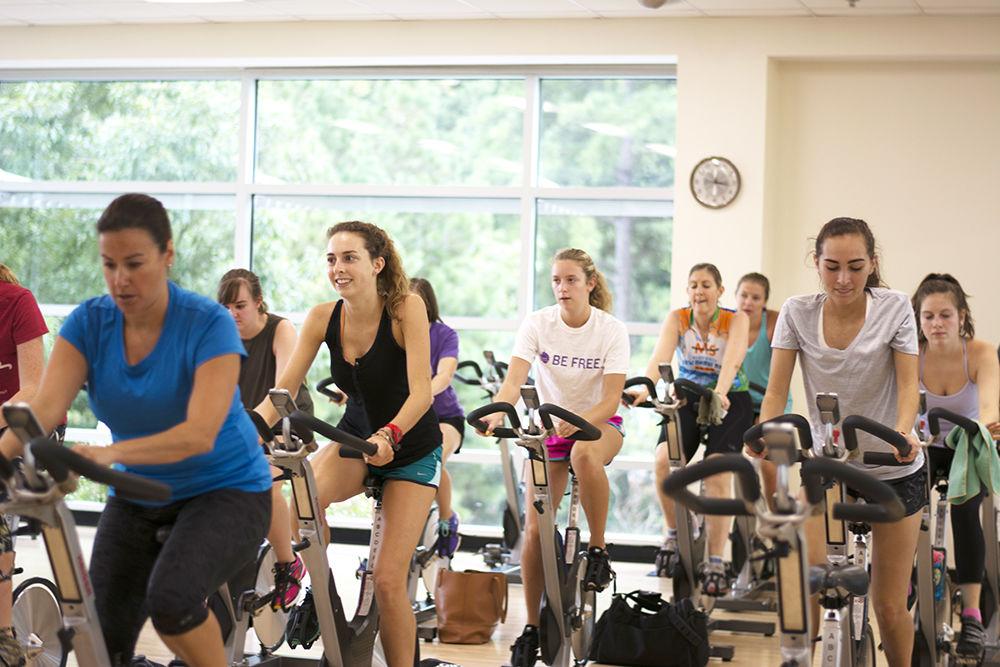Exercise is Medicine is a five-week fitness program that allows students struggling with lifestyle-related medical conditions and mental health conditions to view and implement exercise as valid treatment option.
NC State’s program is registered with the American College of Sports Medicine (ACMS) and works to create a more holistic health care model for campus.
According to William Craig, assistant director of fitness at Wellness and Recreation, students are referred to Exercise is Medicine from either the Student Health Center or the Counseling Center if they do not meet the 150 minute per week goal defined by ACMS and have a lifestyle or mental health condition. Since the program is free for students, the program is referral-only.
“We really want to reach the students who are most in need from both the Student Health Center and the Counseling Center,” Craig said. “The program costs us roughly $75-100 for all five weeks.”
NC State began with Exercise is Medicine in spring of 2015, and has since been awarded gold status, which is the highest form of recognition awarded by the ACMS, for developing a formalized referral network with multiple healthcare providers, according to Jenn Richard, fitness coordinator for Wellness and Recreation.
Partnering with healthcare providers such as physical therapy programs, personal training programs or wellness coaches has heavily contributed to the program’s success.
“We would call this program a success, because we have been able to partner with providers on campus and it’s clear that they see the value in the program,” Richard said.
Craig said the program consists of a consultation and five sessions with a certified NC State personal trainer. The goal of these sessions is to teach students how exercise could be implemented into their lifestyle.
“We want to provide the support and the habit to help people work it into their routine and help people stay with exercise long-term, but we also want to provide education for them to actually know what to do and feel empowered when they come into our facilities,” Craig said.
Participants’ experiences during their sessions with trainers are highly variable. Personal trainers create specialized workout plans tailored to their participants’ specific conditions and preferences. According to Craig, individualized workout plans increases participants’ likelihood of continuing to exercise once they have completed the program. Participants even write their own workout plan to be reviewed by their trainer at their last meeting.
“At that point, we kind of step back, because we have created the foundation and now, just like everything in life, it’s up to the participants to stick with it and continue exercise long-term,” Craig said.
Craig said that Exercise is Medicine is just one program at NC State that encompasses the integrated care model, and that while exercise can be used to help treat and prevent certain conditions, it is not the only solution.
“I will never say fitness and physical activity is the cure-all,” Craig said. “Every person is their own individual; this is just another arsenal in your toolbelt.”
Those interested in learning more about Exercise is Medicine can visit the Wellness and Recreation website.








